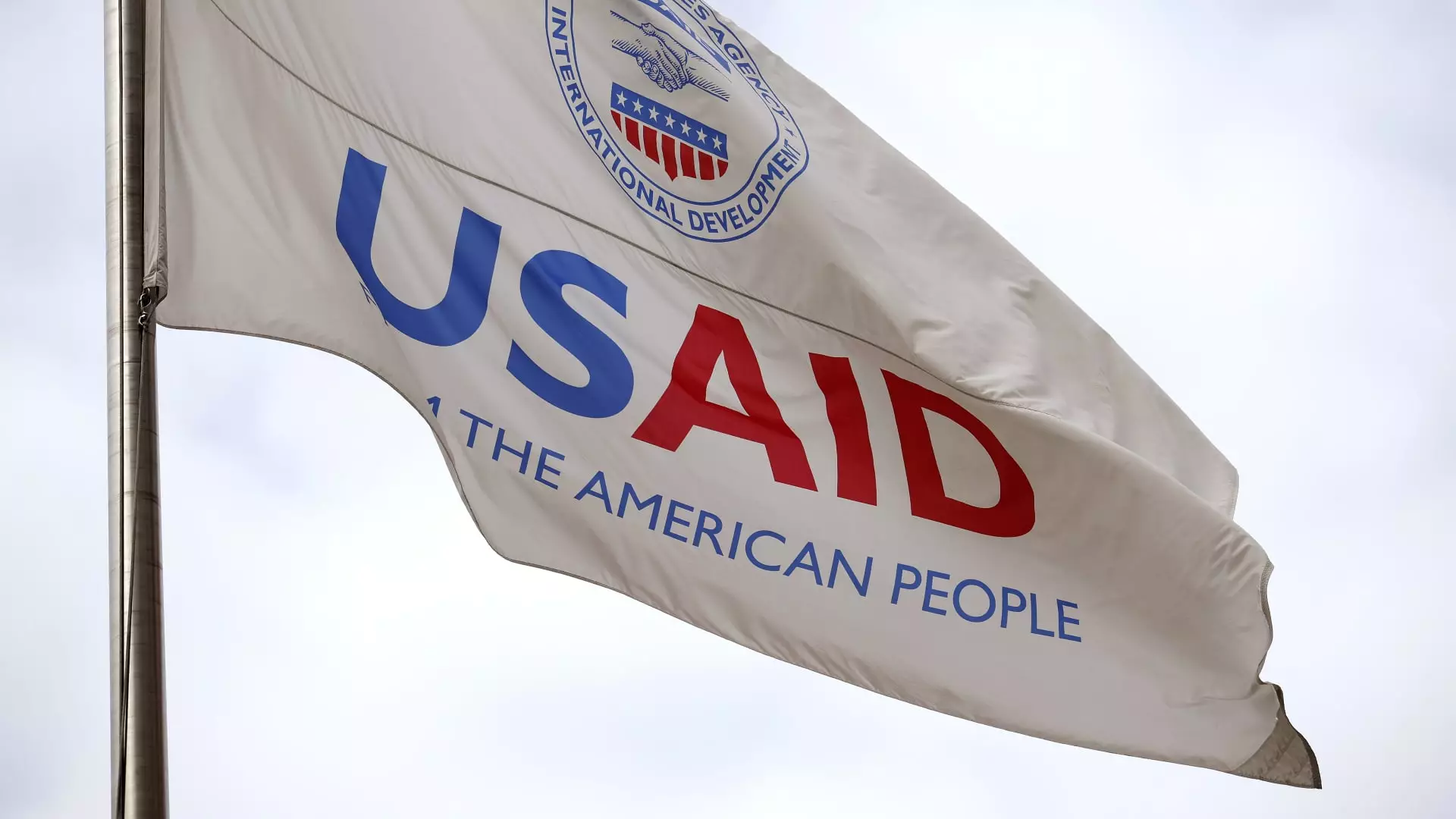The recent layoffs of U.S. aid workers in Myanmar come as a devastating blow not only to those directly involved but also to the many thousands affected by the recent earthquake. The response to a natural disaster should unite nations in empathetic action, yet the actions of the Trump administration reveal a harrowing trend toward prioritizing funding cuts over humanitarian needs. Instead of mobilizing resources to assist the victims of the 7.7 magnitude quake, which claimed over 3,300 lives, the administration’s dismantling of the U.S. Agency for International Development (USAID) leaves survivors to rely on the goodwill of nations like China, Russia, and India, which have rushed to fill the void.
Humanitarian Workers Left in the Lurch
Marcia Wong, a former senior official at USAID, paints a disheartening picture: three dedicated U.S. aid workers, who have committed themselves to the recovery efforts, were informed of their impending termination while still on the ground in Myanmar. The grim irony is palpable. These individuals were not engaging in some bureaucratic farce; they were literally sleeping on the streets in the aftermath of disaster, attempting to provide support to those who had already lost so much. Wong’s emotional response reflects a harsh reality—being laid off while working to help others inevitably discourages and demoralizes, sapping the spirit of the very mission they were there to fulfill.
Implications of Political Decisions
The layoffs are emblematic of a larger, systemic issue characteristic of the current U.S. administration: a drive toward frugality that often masquerades as efficiency. Labelled as an ‘attack on wasteful spending’, what the administration truly seems to be executing is a dismantling of the very structures that provide vital aid. By removing nearly all USAID staff and reducing funding to disaster response efforts, the implication is clear: less investment in humanitarian aid reveals a calamitous shift in U.S. foreign policy priorities. A government that once led the world in response to humanitarian disasters now abdicates responsibility, too focused on balancing budgets to contemplate the repercussions of its actions.
Condoned Inaction and Global Responsibility
Secretary of State Marco Rubio’s defense of the U.S. response to the disaster highlights an unwillingness to own up to the consequences of these funding cuts. By suggesting that Myanmar’s military government complicates aid efforts, the administration deflects criticism instead of owning its failure to properly furnish humanitarian aid. In times of crisis, shifting blame instead of actively engaging in solutions shows a staggering lack of resolve—an abdication of America’s historical role as a humanitarian leader on the global stage. If the U.S. continues on this path, not only does it lose its own influence, but it erodes the global community’s confidence in our commitment to those in desperate need.
The future of humanitarian response hangs in the balance, constantly threatened by political agendas that would rather ignore suffering populations in favor of budgetary constraints. For those in Myanmar and countless other regions facing disasters, this reality translates into loss, suffering, and sorrow—elements that truly constitute the devastation left unaddressed amid the chaos.


Leave a Reply